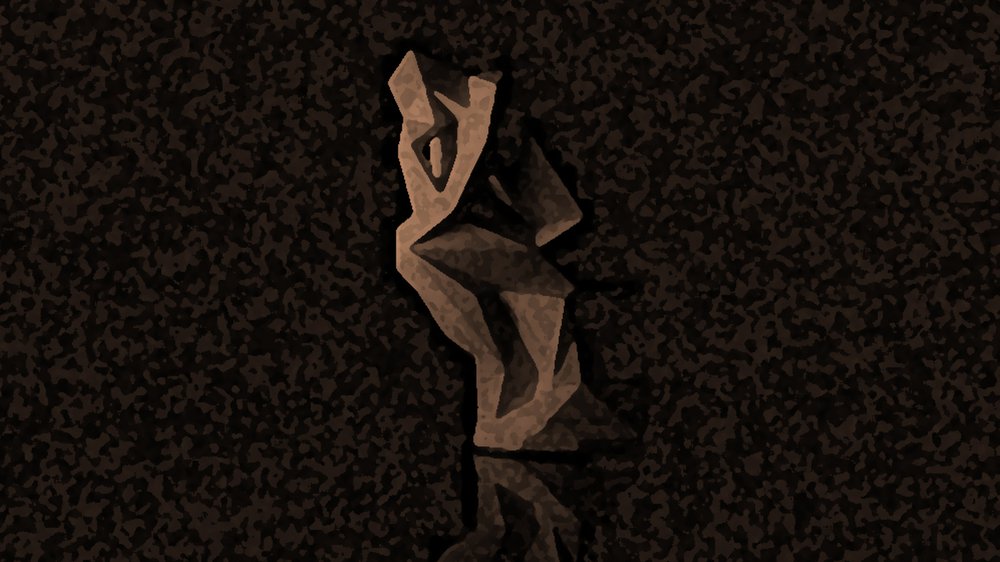Critical thinking is plainly in decline. Everywhere we look, people are uncritically consuming and spreading information that is distorted, misleading, and sometimes intentionally deceptive. The very foundations of our democracy are arguably at risk when millions are willing to believe irrational and unfounded claims.
Nobel prize-winning economist Daniel Kahneman (Thinking Fast and Slow) demonstrated that we're generally inclined to draw conclusions based on gut instincts, thereby avoiding the hard work of closely examining evidence. Psychologists and neuroscientists have shown that we are subject to "confirmation bias," the tendency to believe whatever reinforces our prior views and to disbelieve what challenges them. We are especially prone to this bias if changing our views would be costly--financially, to our reputation, or to our identity. These natural tendencies, exacerbated by the pervasiveness of social media and the limitless access to information on the internet, leave us vulnerable to being duped by disinformation.
But we are not defenseless. There are some simple exercises we can use to combat both our natural instincts and the rising tide of digital misinformation.
- Explore context. Whatever you read comes from someone with a particular history, perspective, and set of interests. Ask yourself: Who is this person? Where are they coming from, literally and figuratively? What might s/he stand to gain by persuading us of this?
- Consider alternatives. Any position you encounter is only one of many possibilities. What other explanations might there be for this event? How else could we interpret this person's words or actions? What other solution to this problem might be possible?
- Weigh evidence. A position is only as strong as the evidence that supports it. Ask yourself: Is there enough evidence here to support the conclusion presented? Was that evidence gathered in an objective, non-biased way? Was potentially disconfirming evidence overlooked or suppressed?
- Look at implications. The value of an idea is measured in part by what follows from it. If this is really true, what else would we expect to find? If this policy were adopted, what do we actually know about the downstream effects? Even if this appears reasonable, does it lead to absurd conclusions?
When we ask these questions and others like them, we refuse to accept things at face value. We cultivate a skeptical frame of mind, a willingness to investigate even things that look plausible at first glance. And we are especially skeptical of things--claims about the efficacy of medical treatments, the cause of a social problem, or benefits of a political policy--if they seem farfetched or at odds with ordinary experience. As Isaac Asimov said, "I believe in evidence. I'll believe anything, no matter how wild and ridiculous, if there is evidence for it. The wilder and more ridiculous something is, however, the firmer and more solid the evidence will have to be."
To think critically is to ask these and similar probing questions consistently and relentlessly. We must ask them so routinely that they become second nature to us. We should teach our children to adopt this practice of thinking critically, and we should model it for them, as well as for our friends, neighbors, and co-workers on a daily basis. This requires concerted effort, for while the basic questions are simple, the practice of thinking critically is difficult. It's no wonder that we tend to avoid it.
The world will never be free of charlatans, demagogues, and others peddling half-truths or blatant lies for their own purposes. Our best defense is to develop the habit of asking these critical questions. In the final analysis, our willingness to do so affirms our fundamental responsibility to distinguish truth from falsehood and deception. Given all that is at stake for us as individuals, and as a society, we can hardly afford to shirk that responsibility.
About the author
Louis E. Newman is the John M. and Elizabeth W. Musser Professor of Religious Studies, emeritus, at Carleton College and the former Dean of Academic Advising and Associate Vice Provost for Undergraduate Education at Stanford University.
He is the author of Thinking Critically in College: The Essential Handbook for Student Success (Radius Book Group).











